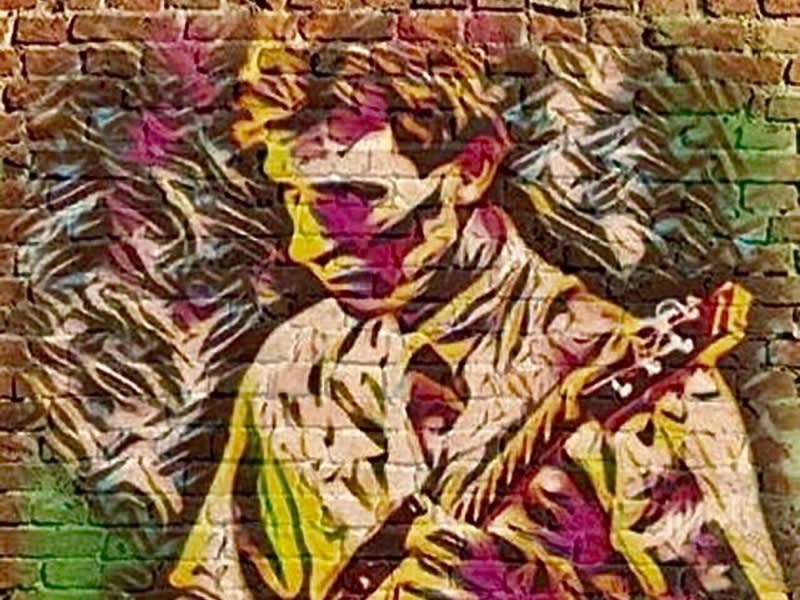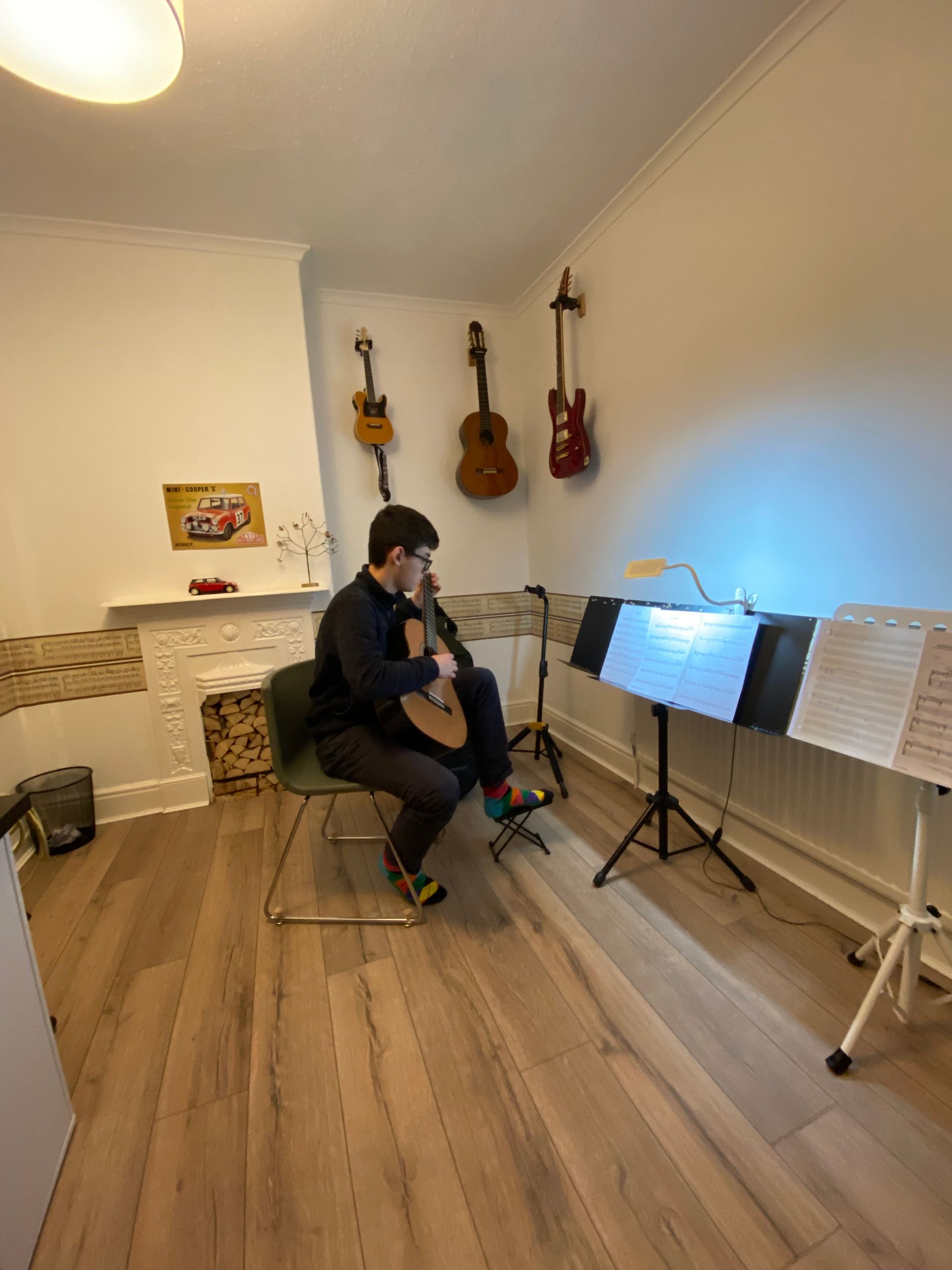"Is music theory really necessary'?
NOVEMBER 27th 2023
I am often asked why music theory exists and why is it necessary.
Well, in the grand scheme of things it isn't necessary per se......
In 'THE BEGINNING' there were no rules.
Some rules developed due to how instruments were created and made, others arose as musicians experimented and wanted to reproduce their sound again, or due to the commercial requirements of their employers- which could be one of the great Courts of Europe such as the Hapsburgs and Esterhazy Courts or the Church, or a recording company - EMI for example.
It may be a surprise to some, but the truth is that there are no rules in music, or any other art form.
You can do whatever you want.
However, where the rules do apply is in order to create and play the many different styles of music.
Each style has its own set of rules which only became rules as the style developed and after the style was established.
This is the case in the Renaissance, Baroque, Classical, Romantic styles of orchestral and chamber music and the 20th century development of Serialism.
The styles of orchestral and chamber music have their own sets of rules, some of which cross-over into other styles.
That cross-over is largely why Western Music has a common harmonic and rhythmic language which people are usually familiar with.
Having a common language could be described as creating a 'comfort zone' for listeners - one which some composers dearly like to upset, if given the opportunity.
The same is true in Rock, Metal, Pop, Country, ‘Folk’, Blues and Jazz.
So if you want to play like Jimi Hendrix, it's necessary to understand what makes his style sound the way it does.
Jazz has sets of rules as does The Blues.
In some styles, those rules never change, or change slowly over a long period so as to not alienate the audience.
Commercial value is one of the aspects of composition.
In some styles the rules are always changing as musicians/composers push the 'boundaries'.
There are no boundaries apart from human technical ability.
Computers can easily surpass that boundary......
In popular music a question is often asked about Indie music.
"How do I play Indie?"
It’s an ‘attitude' rather than a ‘style' because it isn't truly a style as such.
'Indie' bands use the same old chords and chord sequences and pentatonic sounds as in most popular music.
The name came about due to some bands not wanting to be part of the corporate- controlled area of most pop music at that time.
It was a reaction to the marketing people, the accountants and money-makers.
‘Independent Record Label' is a more accurate origin
of the name - hence 'Indie'.
Anyway - I digress somewhat.
It's all very simple- THERE ARE NO RULES. You can do what you want.
Although whether anyone will want to listen to what you have done is another consideration. 😬
For many creators, that doesn't matter…
So - 'rules and theory' exist in order to re-create a particular style.
That is all....
Westside Guitar Studio Guitar Lessons Sheffield

Westside Guitar Studio Guitar Lessons Sheffield


